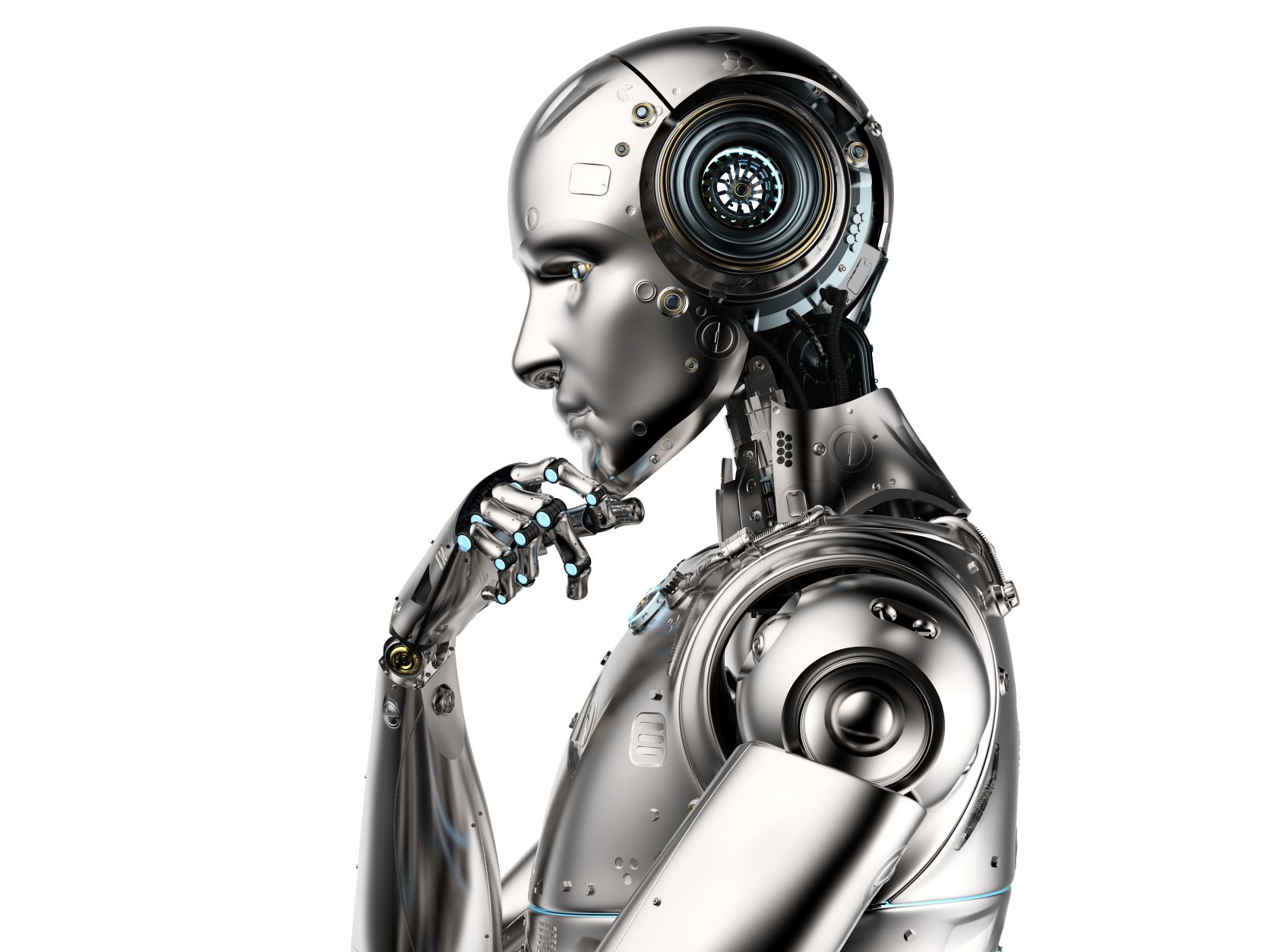It’s hard to overstate the role artificial intelligence (AI) is playing in the pharmaceutical industry. Bouyed by the response to Covid-19 the revolution has arrived rapidly. Both pharmaceutical and biotech companies are increasing the adoption of AI to improve the accuracy and speed of their data-driven decisions.
The rapid medical response to Covid-19 shone a beaming spotlight on the essential role technologies such as machine learning, deep learning and AI play in optimising medical advancements. Throughout the Covid-19 crisis, AI tools and techniques helped policymakers and the medical community understand the virus and develop effective vaccines in a multitude of ways. Further, the first drug designed entirely using AI entered human clinical trials last year. Aimed at treating obsessive-compulsive disorder, Oxford-based biotech company Exscientia reached this stage in less than a year — five times faster than it usually takes to get a drug to human testing.
AI is transforming the pharmaceutical industry in different ways with varying applications in the field, from research and development to distribution. While data science algorithms are already revolutionising the research and analysis stages of drug development, machine learning and deep learning are also being adopted rapidly.
So, how is AI transforming the pharmaceutical industry?
Research and development
The costliest and most time-consuming part of drug creation is the research and development part. In 2020, data analytics greatly improved the production speed and efficacy of the number of viable COVID-19 vaccines and even helped distribution. AI continues to play a huge role in reducing the time it takes for a drug to not only be discovered but also to reach the market.
Data analysis and processing
Throughout any research, development or trialling stage, huge volumes of data are produced and require analysis, often from labs across the world. AI can vastly reduce the time taken to complete this analysis by intelligently examining the data to either validate or reject hypotheses that would have taken a group of human pharmacists much longer, also removing the margin for human error.
AI can simultaneously and accurately process multiple data sources and find patterns between them, something that humans aren’t always as adept at.
Identifying clinical trial candidates
All drugs undergo clinical trials before being rolled out into the marketplace and finding suitable participants for these trials can be time-consuming. But utilising AI’s predictive analytics, the appropriate patients for clinical trials can be extracted and a suitable sample size identified.
The ability of AI to read patient files and combine several data streams intelligently to form a cohesive picture of the suitability of a patient is ground-breaking for the clinical trial stage and saves considerable time that would have otherwise been spent picking a sample group manually.
Analysing treatment results and predicting outcomes
AI also can match drug interventions with individual patients, reducing work that previously involved trial and error. Machine learning can predict a patient’s response to drug treatments by inferring potential relationships among factors that might be affecting the results, such as the body’s ability to absorb the compounds, the distribution of those compounds around the body, and a person’s metabolism.
Treating new diseases with drug repurposing
According to Healx, a Cambridge-based technology company working to develop innovative drugs for rare diseases, there are 350 million people globally who are affected by 7,000 known rare diseases. 95% of these rare diseases currently remain without effective treatment.
One of Healx’s co-founders was also a co-creator of the drug Viagra, initially intended to lower blood pressure. When the results were unsatisfactory, the drug was repositioned as a male impotence cure due to one of the side effects of trials. Healx’s strategy is to follow this repurposing route using technology and artificial intelligence with its predictive modelling capabilities to repurpose current drugs to help cure rare diseases.
With the many benefits on record for the usage of artificial intelligence in the pharmaceutical industry in terms of cost-saving, time-saving and efficacy, AI is set to boom in the sector. Those who adapt to these developments and adopt new processes will have distinct a strategic advantage in the race to find cures and treatments.
What does this mean for talent and AI opportunities in the pharmaceutical industry?
Though the technology may still be emerging, one can safely say that AI is transforming the pharmaceutical industry, among many others. We’re already seeing the benefits. By seamlessly using artificial intelligence to drive forward drug adherence and discovery, AI has streamlined healthcare procedures. Accelerating research and discovery, it’s helped us to tackle a global pandemic. According to sources, more than 70% of pharmaceutical business owners believe artificial intelligence is crucial, while just 11% haven’t even considered using AI in healthcare.

